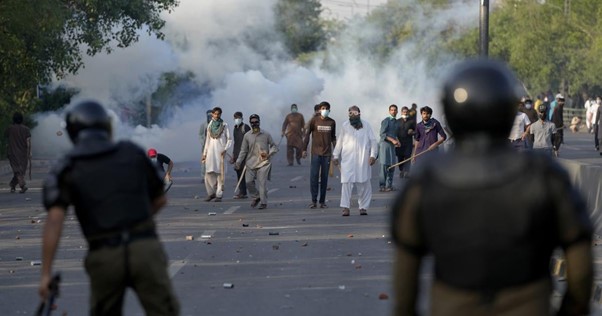
Squabbling Between Various Establishments in Pakistan
Sat, 03 Jun 2023 | Reading Time: 5 minutes

What happened on 09 May 2023 will undoubtedly be remembered in Pakistan for how military establishments, including Jinnah House in Lahore, the residence of the Corps Commander in Lahore and the General Headquarters (GHQ) in Rawalpindi, were stormed by infuriated followers of ex-PM Imran Khan on his arrest.
Imran Khan was arrested at the Islamabad High Court in an operation planned and executed by the Pakistan Rangers while he was going through a biometric process at the Court. In a dramatic turn, the Rangers broke open the glass window and arrested him after beating lawyers and his security staff, as reported in the press. He has been contesting many cases since his removal through a no-trust vote held in April 2022. However, he maintained that these cases were politically motivated by the ruling alliance.
Although Imran Khan, ex-PM of Pakistan, carried out his fierce verbal attacks on the Pakistan Army, this is only one part of the narrative being built around the principal power establishments in Pakistan- the Pakistan Army, Political Parties and the Judiciary. However, the religious fundamentalists were left out; God Knows why?
The fight between Imran Khan and the security establishment is only part of the chain of events. The other characteristic features are the ruling coalition, which is up in arms against the top judiciary and promises to remove the Chief Justice, whom they contend supports the former Prime Minister. The Supreme Court’s order to release Imran Khan within a day of his arrest and protect him from further action has exaggerated the conflict. Parliament passed a resolution calling to file a reference against the Chief Justice. It is just a coincidence that Imran Khan and Chief Justice are alumni of Aitchison College, Lahore, one of Pakistan’s best schools. It is named after the then Lieutenant Governor of Punjab, Sir Charles Aitchison.
The ruling coalition has planned to demonstrate its presence and street power. Many political workers of the different political parties congregated outside the residence of the Chief Justice of the Supreme Court, asking the Chief Justice to step down. The protesters were dispersed, with no act of violence reported. However, it has taken the battle between the government and the top judiciary to the street among the general public.
The military establishment hit back differently. Alarmed by the cracks within the organisation, they have resolved to try the offenders of the 09 May attacks on military installations. This action was taken after an astounding Corps Commanders meeting, which censured the politically motivated and instigated incidents against military facilities and public/private properties, not by the civilian government. The Pakistan military swiftly labelled 09 May as ‘Black Day’, stressing that Tarikh e-Insaf, the political party of Pakistan, is hungry for power.
However, the Cabinet has now approved the decision of the military establishment to try these protestors. But it will be hard for the Supreme Court to legalise the move to try civilians under the Army Act and the Official Secrets Act. The proposed establishment of military courts and deployment of the Army in significant cities would further elongate the institution’s shadow, which has eclipsed chiefly the civilian government. Such a situation could only worsen matters.
The demonstrations by the supporters of the ex-PM of Pakistan have not only led to violence and instability but have also revealed deeper concerns amongst the different establishments in Pakistan. This could jeopardise Pakistan’s long-term economic recovery and future of democracy, which are essential for regional stability. While the protests were not transformative in nature, they were no doubt unparalleled in the history of Pakistan. Pakistan has never witnessed such mammoth protests since the loss of East Pakistan (Now Bangladesh) in 1971, despite the military establishment’s hanging of Zulfikar Ali Bhutto and the killing of Al-Qaeda leader Osama Bin Laden inside Pakistan by the US.
Imran Khan was granted bail in cases against him by the Supreme Court. When he returned to Lahore, he was greeted by large crowds in the capital city of Punjab, Pakistan. He proclaimed some victory. However, the ruling coalition government of Pakistan has launched a high-handed crackdown on the political workers who participated in these protests. Roughly about 4000 workers of Imran Kahan’s political party have been imprisoned and tried under various laws of the land.
The demonstrations by the ruling political parties under the movement called Pakistan Democratic Movement against the judiciary, together with some relentless desires of the ruling government and the Pakistan Army to see Imran Khan imprisoned for a more extended period and counterbalance his political outfit, remind us that situation in Pakistan is severe and volatile. Astonishingly, Imran Khan has emerged from this turmoil more aggressively as compared to his earlier counterparts in the political arena who faced the same situation. It was reported that Imran Khan’s arrest directly emerged from his accusation against a senior intelligence officer of plotting a failed attempt on his life. Surprisingly, Imran Khan raised his level of indictment after his release by directly accusing the present Chief of The Army Staff.
All these incidents indicate that the noose around Imran Khan is being tightened further by the military establishment in Pakistan. There is nothing new in this in Pakistan, which has happened earlier. But it has adverse consequences on the professionalism of the Pakistan Army, which has held historically a tight grip over power in Pakistan since independence. It emerged as the country’s most damaged institution after the 09 May incident. The role of the Pakistan Army in deciding the country’s political fate has been significant since the country’s formation. When Pakistan became independent on 14 Aug 1947, thus formed the most Muslim majority state in the world. Blemished from its birth, Pakistan’s pursuit of existence has been as captivating as ambiguous. Despite the shared religion of its overwhelmingly Muslim population, Pakistan has been struggling to define a national identity and evolve a political system for its linguistically diverse population under the shadow of the military establishment.
Successive military defeats at the hands of India, especially the breakaway of its eastern Pakistan, caused the creation of Bangladesh in 1971. This situation characterises the most melodramatic appearance of Pakistan’s predicament as a decentralised democratic nation. Political events in Pakistan continue to be flawed by provincial jealousies and, in particular, by the deep resentments in the smaller provinces of Sind, Baluchistan, and the North-West Frontier Province against what is seen to be a monopoly by the Punjabi majority of the benefits of power, profit, and patronage.
Pakistan’s political instability over time has been matched by a fierce ideological debate about the government it should adopt, whether Islamic or secular or otherwise. In the absence of any nationally based political party, Pakistan has long had to rely on the civil service and the Army to maintain the continuities of government.
Conclusion
The Pakistan Army has destroyed Pakistan’s polity, institutions, economy and entrepreneurship, driving out its talent. Finally, whatever illegally POJK, people are now repenting and cursing their fate after seeing the prosperity in other parts of the J&K, India. No nation-state can be built without first creating and inculcating nationalism. The Indian Army, compared to Pakistan Army, is a true reflection of the primary national concept of unity in diversity. As an exemplary role models for the rest of our fellow citizens, soldiers of all classes, castes, creeds and religions can serve the nation with total dedication. Secularism, discipline, integrity, loyalty, and esprit-de-corps are essential values inculcated among our men. Such motivated people make efficient and dedicated soldiers in service, and even after leaving the Services, they continue as nation-building role models for others. This is an essential legacy of the Indian Army has been its apolitical outlook.
Disclaimer
The opinions expressed in this article are the author’s own and do not reflect the views of Chanakya Forum. All information provided in this article including timeliness, completeness, accuracy, suitability or validity of information referenced therein, is the sole responsibility of the author. www.chanakyaforum.com does not assume any responsibility for the same.
Chanakya Forum is now on . Click here to join our channel (@ChanakyaForum) and stay updated with the latest headlines and articles.
Important
We work round the clock to bring you the finest articles and updates from around the world. There is a team that works tirelessly to ensure that you have a seamless reading experience. But all this costs money. Please support us so that we keep doing what we do best. Happy Reading
Support Us




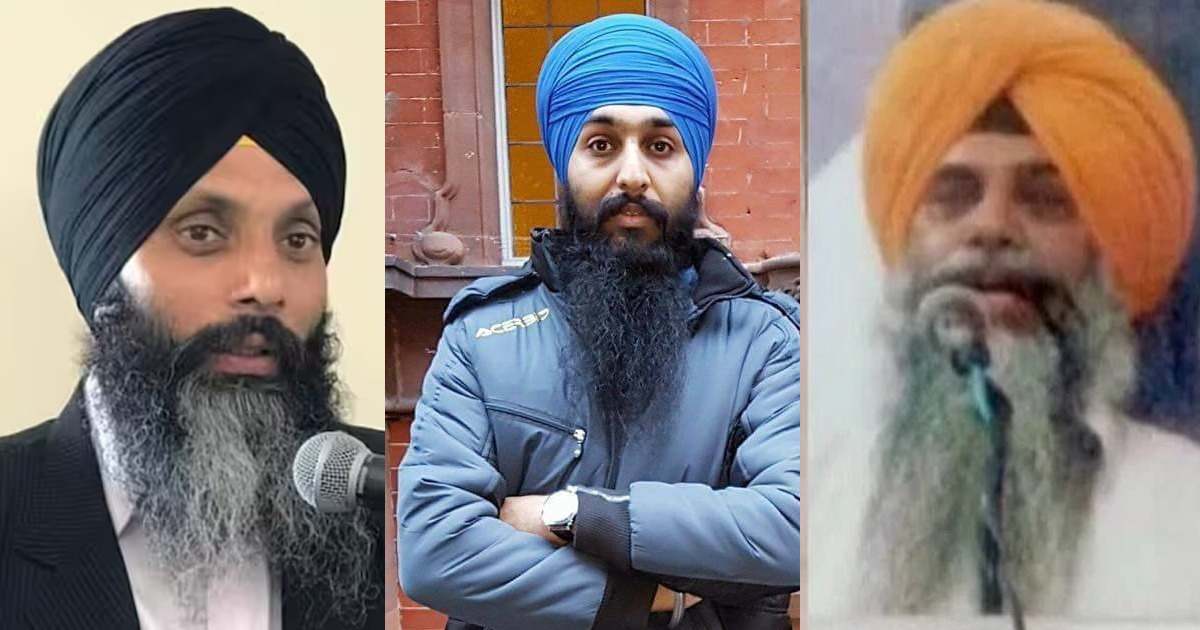
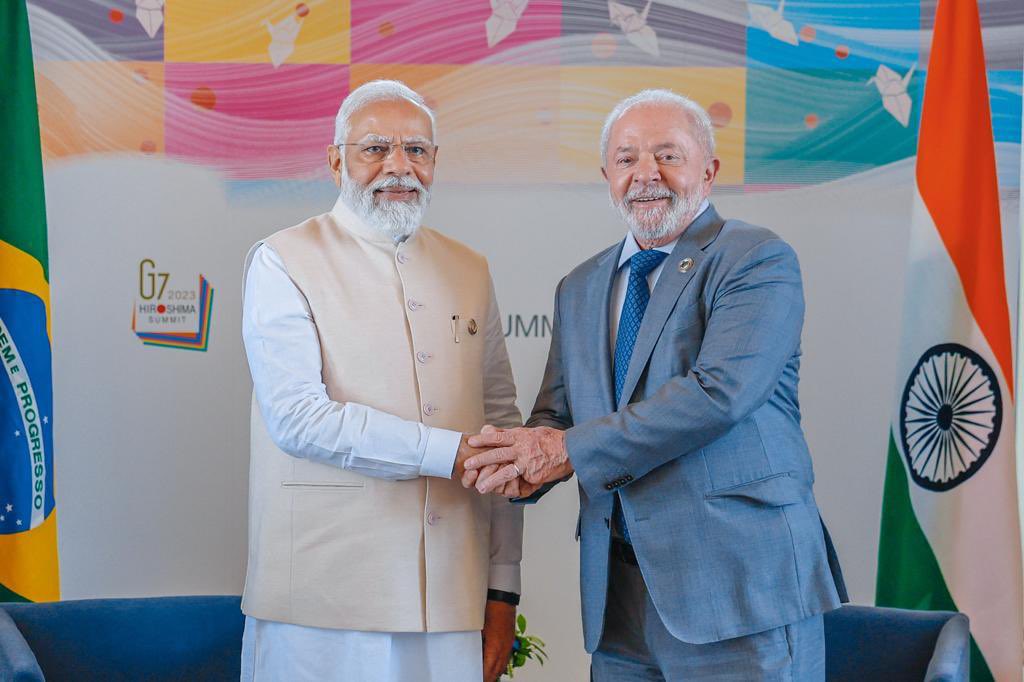


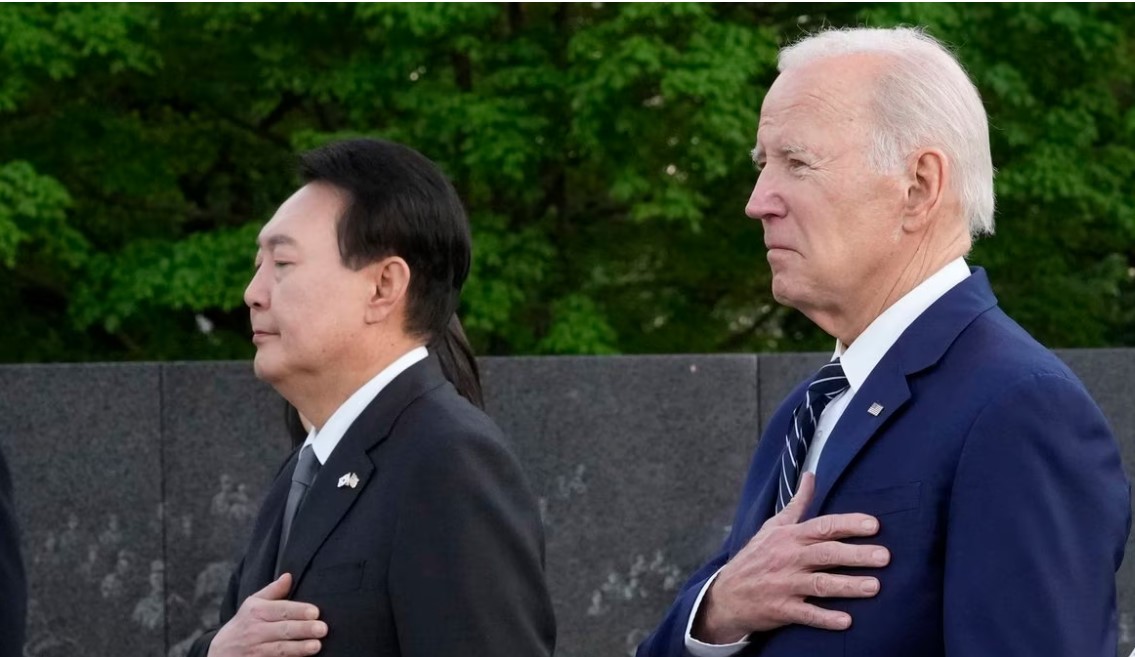

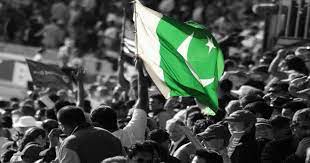
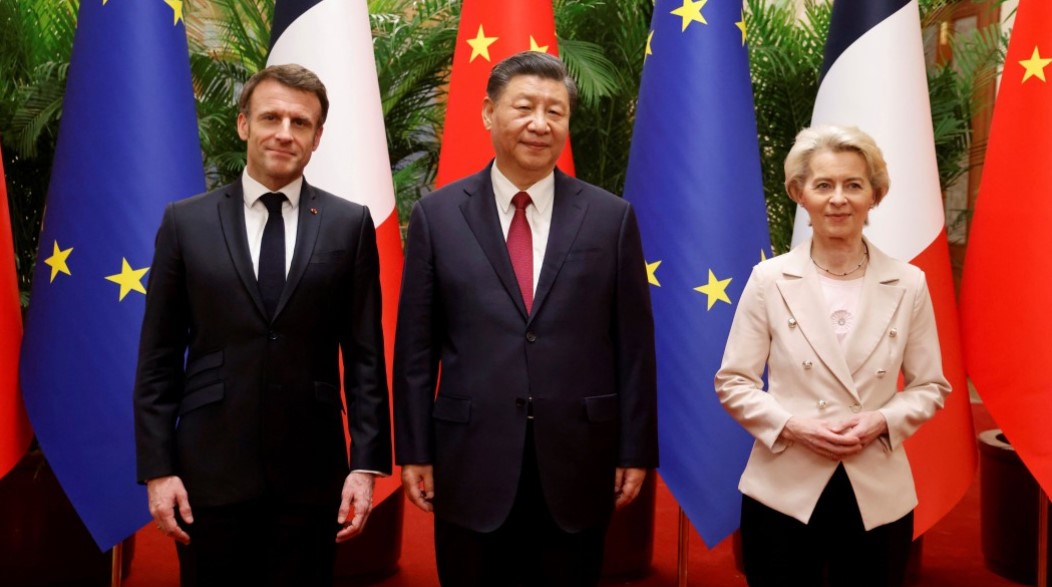

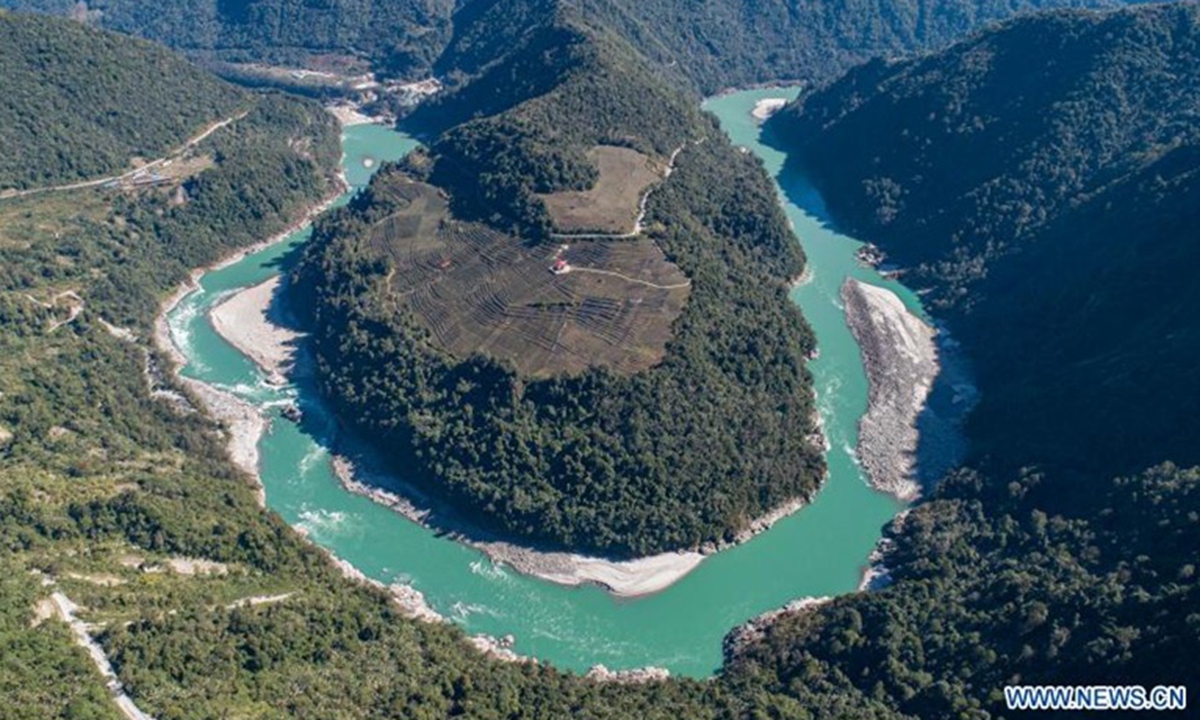






POST COMMENTS (0)